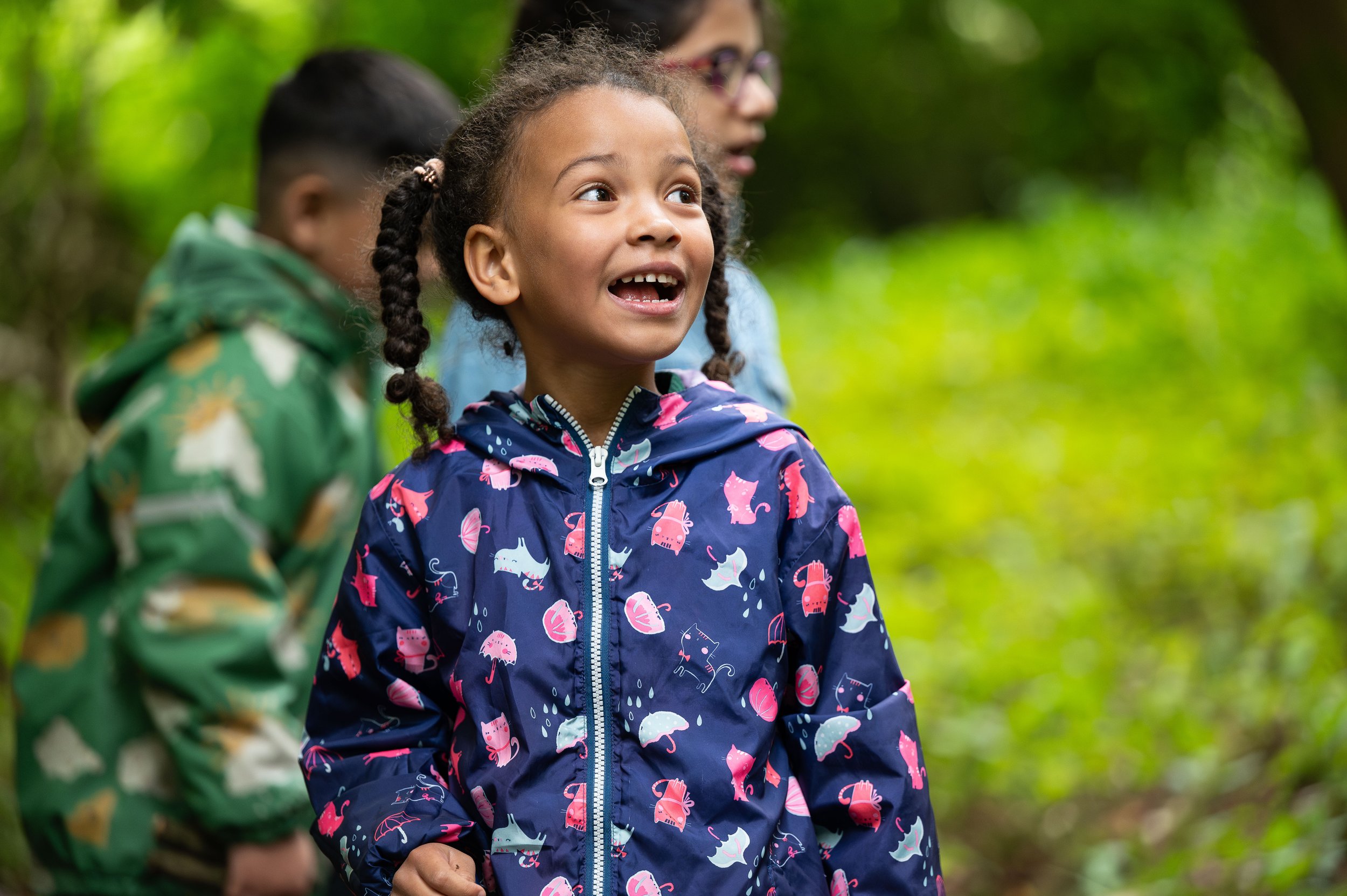
Discover Living Things and their Habitats
At Chiltern Open Air Museum, we have a range of immersive school learning experiences.
This themed day includes three workshops where our educational leaders bring the theme to life with hand-on activities. The workshops take place in or around our historic buildings and traditional woodlands, giving students a unique and authentic experience.
This themed day is suitable for both KS1 and KS2 students.
Living Things and their Habitats Day
Bring your school to COAM and discover the wonders of nature with a Living Things and their Habitats Day.
Your students will engage in three exciting workshops. Go pond dipping to explore aquatic life, minibeast hunting to discover their crucial role in forest ecosystems, and dissect an owl pellet to learn about apex predators and the food chains below them. A hands-on, educational adventure that brings the study of habitats to life for both Key Stage 1 and Key Stage 2 students.
Shelter building may sometimes replace pond dipping to protect the newts.
Workshops length: 2¼ hours
Cost per group of up to 32 students and 6 accompanying adults:
During academic year 2024 to 2025: £405
During academic year 2025 to 2026: £425
Available: March to October
Subject links: Science, Geography, Mathematics
KS1 curriculum links: Identify that most living things live in habitats to which they are suited and describe how different habitats provide for the basic needs of different animals and plants, and how they depend on each other. Identify and name a variety of plants and animals in their habitats, including microhabitats. Describe how animals obtain their food from plants and other animals, using the idea of a simple food chain, and identify and name different sources of food.
KS2 curriculum links: Recognise that living things can be grouped in a variety of ways. Explore and use classification keys to help groups, identify and name a variety of living things in their local and wider environment. Recognise that environments can change and that this can sometimes pose dangers to living things.
Aquatic Habitat Workshop
KS1 Learning Outcomes
To identify common animals, insects and plants found in aquatic habitats.
To understand the basic needs of animals, insects and plants found in aquatic habitats and how they are adapted to live in water.
To understand simple food chains in aquatic ecosystems.
KS2 Learning Outcomes
To identify and group animals, insects and plants found in aquatic habitats, using classification charts.
To understand food chains and life cycles in aquatic ecosystems.
To recognise environmental dangers and understand the importance of conservation.
Shelter Building Workshop
Learning Outcomes
To understand the concept of building shelters with natural materials found around us.
To explore safe and effective construction methods.
To make a shelter using natural materials.
To evaluate and give feedback on the effectiveness of a shelter.
Woodland Habitats Workshop
KS1 Learning Outcomes
To identify common animals, insects and plants found in woodland habitats.
To understand the basic needs of animals, insects and plants found in woodland habitats and how they are adapted to live in their environment.
To understand simple food chains in woodland ecosystems.
KS2 Learning Outcomes
To identify and group animals, insects and plants found in woodland habitats, using classification charts.
To understand food chains and life cycles in woodland ecosystems.
To recognise environmental dangers and understand the importance of conservation.
To understand a basic life cycles and food chains that exist in Woodland habitats.
Owl Pellets Workshop
Learning Outcomes
To learn about owl habitats and their position in the food chain.
To understand how owl nesting boxes work and why we use them.
·To explore the contents of a Barn Owl’s stomach by dissecting an owl pellet and using a classification chart to identify its diet.

